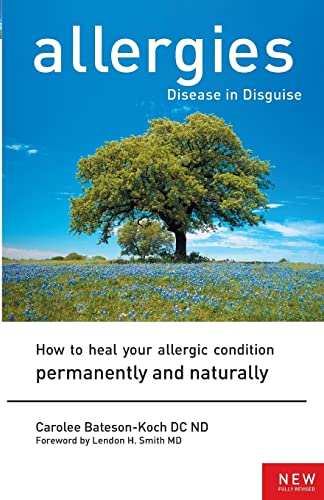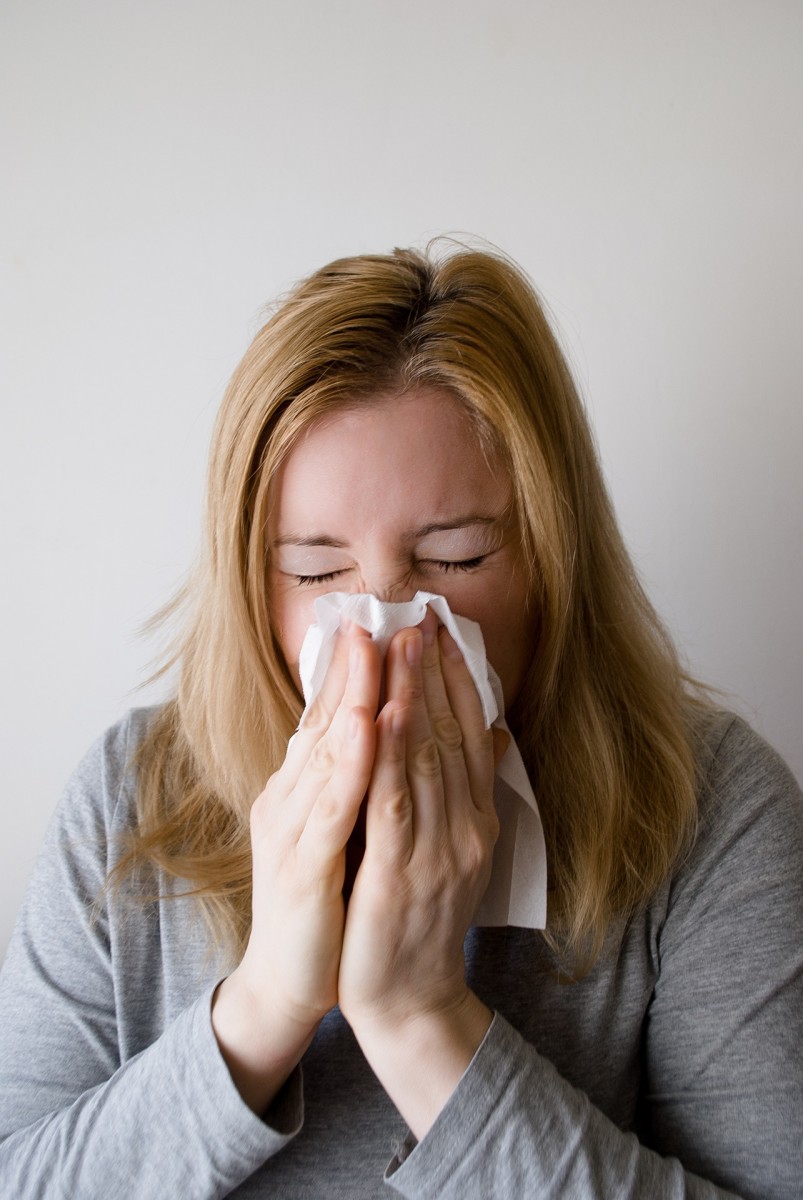Allergy Reactions – How to Identify the Triggers of Allergy Attack
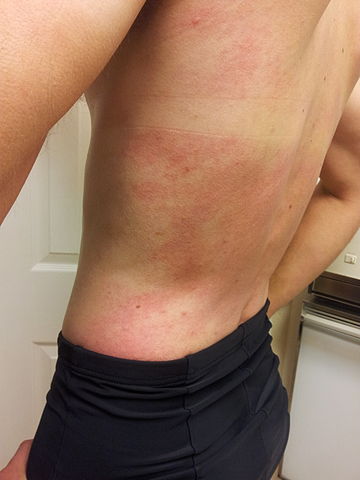
Allergy Attack
Allergies are the body’s abnormal response to some strange items. It is the reaction of the immune system to protect the body from unhealthy situations or environments. These substances that producing allergies are called allergens and these are very common items such as grass, tree pollen, pet dander, food items etc.
Allergies can develop in any age, even in children. Heredity has a major role to play in the allergy reactions of many people. If neither of the parents does not have any type of allergy, the chances for the offspring to develop allergy in certain situations, is only 15. If one of the parents is having allergy, the chance will increase to 30% and again the chance to develop allergy is 60% if both of the parents are having allergy reactions.
Allergies are a very common problem and the symptoms include wheezing, rash, itchy feeling in the skin or in the eyes etc. These symptoms will show when you are exposed to the allergens. This exposure may be by skin contacting, by swallowing or by inhaling. In such situations the body starts to produce a specific type of antibody which is named as IgE and this will actuate the blood cells called mast cells. These mast cells release the chemical, histamine which is the motivating factor for the main symptoms of allergy reactions.
Food Allergy
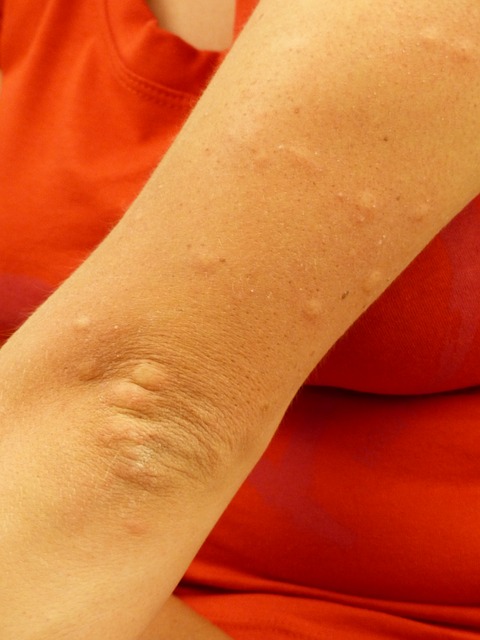
Allergy Reactions Symptoms
Symptoms of the allergies that are caused by the food items are vomiting and diarrhea. When allergy reactions are formed following an insect bite or sting, the symptoms will be rash, redness, swelling and pain. Sometimes these symptoms will become more severe and you may feel hives and itching all over the body, shortness of breath and tightness of the throat. This is a life threatening condition and it is called anaphylaxis. Anaphylaxis needs immediate medical attention.


Different Types of Allergy Attacks
Different types of allergies are recognized and they are mainly classified as food allergies, pet allergies and seasonal allergies.
- Food allergy means the intolerance with certain food items such as milk, egg, wheat, peanut, fish etc.
- Many people are fond of their pets and they are closely interacting with their pets. These pets may be a dog or a cat but sometimes their dander will become allergic to these persons.
- Seasonal allergies are related to different seasons. These allergies are spring allergies, summer allergies, fall allergies and winter allergies.
- In addition to the above, many other items are now becoming the motive to cause allergy and some of them are smoking habit, insect stings, pollen, drugs, nickel, aspirin or salicylate, penicillin, ultraviolet rays, cosmetics, chemicals, dust etc.

Allergic Reactions Causes
The exact causes of allergies are not known. The exposures to the allergens are the reason for the allergy reactions. You might have exposed to this same allergen many times before without any reaction, but in a certain situation and because of some unknown reason, the body or body’s immune system reacts to this particular allergen considering it as an invader. From then onwards, the immune system reacts to that particular allergen and fight against it. These triggers will activate the special cells called mast cells in the body which will produce chemicals like histamine to fight against the invaders. These chemicals cause the allergic symptoms and other body reactions.

Diagnosis of Allergy Attack
To find out the reason for your allergy reactions, seek the help of an allergy specialist. He will do some tests to find the exact allergy triggers and give you the right treatment. Skin test is the most widely used test to find the cause of allergies. Elimination method (of the allergens in your surroundings) is also used to find out the exact triggers of this discomfort.
Allergy Skin Testing
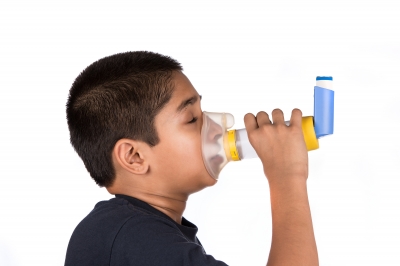
Allergy and Asthma
Asthma is a serious health condition in which patient is suffering from breathing problems and allergy is one of the causes of asthma. About half of the asthma patients are suffering from allergic asthma that is caused by the allergy reactions in the windpipe (bronchial tubes). Common allergic asthma triggers are pollen and mold spores. When the windpipe reacts to these triggers, the muscle surround the airways become tighten and the lining becomes inflamed. This makes the free movement of air to the lungs become difficult causing shortness of breath.
Symptoms of asthma attack include shortness of breath, wheezing, frequent cough, respiratory infections and difficulty in sleeping. In this case also, the exact triggers should be identified to avoid the future exposure to them.
Check Your Knowledge about Allergy Reactions
view quiz statisticsAllergy Cure
Allergic problems can be solved sometimes by yourself by alienate from the allergy triggers, if you can identify the items that work as allergens. But in most of the cases, to find out the exact reason of allergy reactions and to select the proper treatment method, the help of an allergy specialist is required. After doing necessary physical examination and some tests, the doctor will prescribe the exact medicine that you require.
Important thing is that you should completely avoid the items that can trigger your allergy reactions in future. These triggers are different for different patients and you have to recognize them with the help of your doctor. Dust and pets are the common allergens in a home and sometimes it may be some drugs that you are using or some household materials that you are handling. Keep away from all those things to get complete relief from allergy reactions.
Natural Remedies for Allergy

Keep the pets away from you, clean the room and furniture dust free, upgrade the air filter of your room heating system, air conditioner or humidifier to create an allergen free atmosphere in your home itself. Then only you will be able to experience the positive results of the treatment that your doctor prescribed for you.
To get a short relief from the congestion, saline nasal flushes will help and to get a longer relief use nasal decongestant sprays. Antihistamines are helpful to reduce the effects of the allergy reactions, but they have some side effects such as dizziness, sleepiness and blurred vision. Do not use these medicines for long periods and without the consent of your physician.

